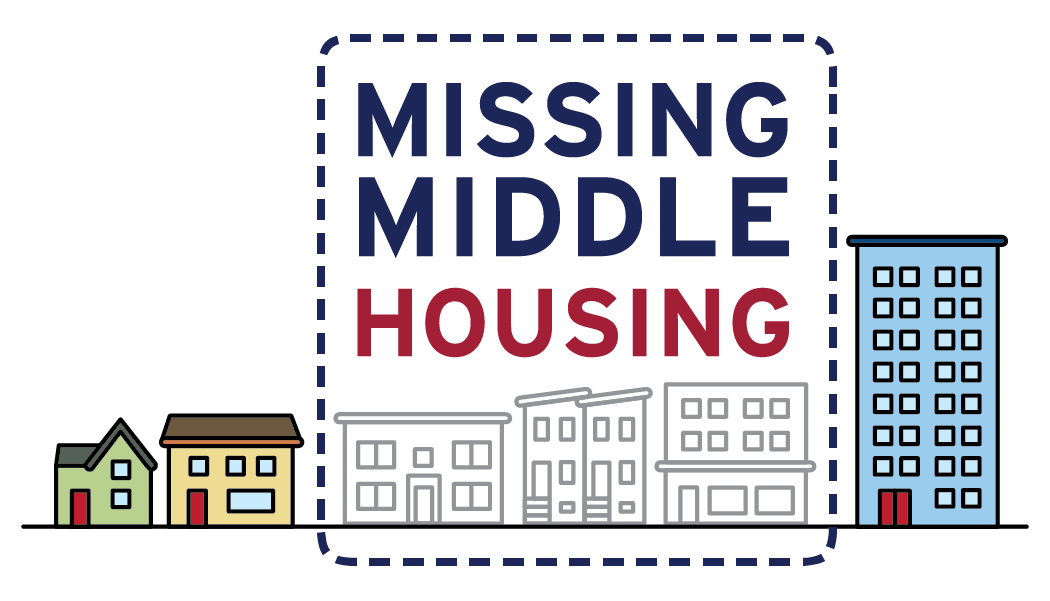Liz Hynes, Arlington Resident
Over the last many months, I have been thinking hard about the proposed missing middle housing policy and our efforts, as a county, to build a just, equitable and diverse community that’s sustainable in the long run.
I grew up in Arlington. I spent my childhood at the county playgrounds, attending public school and taking classes at the career center, putting on plays in TJ and Gunston theatres, singing at church in Green Valley, and learning how to make pupusas, cut keys, and scoop cream, at the locally owned businesses up and down Wilson Blvd.
When my parents bought their house in Lyon Village at the end of the 1970s, on a single civil servant's salary and three kids (with two more to come), there was still a racial covenant on the property blocking the sale of that house to black people - our neighbors, people we went to church with.
Those covenants aren’t enforceable anymore, but they tell us a lot about our history, and how the long tail of racism that shaped our county, continues to shape it today - the distribution of housing, access to and preservation of our beautiful watershed, and which communities were zoned for multi-family housing. Who owns what in this very moment is connected to that history. And I reflect often on how it shaped me growing up, how it must have shaped all of you. Even if we didn’t know it.
I also think about my parents’ scenario - A single income household with multiple children being able to purchase a home in Arlington without creating great financial hardship. No help from their parents, not gifted or sold a home by a relative. Is that a scenario any of you can image in this county today? Is it one you can image for your children? Your grandchildren? I can’t really image it for myself, my partner and our two small kids.
We do have an issue with affordable housing here for middle class people and for working people. And the solutions, if we treasure the things about Arlington that have made this place wonderful - good schools and parks, a rich tapestry of cultures, delicious food from all over the world, and opportunities for wealthy, middle, and working class families - are manifold. And, frankly, we need to use all the tools in the tool box to sustain that wonderful community for generations to come. What’s happening here is happening is many many other places. It requires sustained, pro-active engagement, planning, and fortitude.
That includes letting our aging parents make their homes multi-unit and rezoning areas for more than just single use family homes. Getting creative with land trusts and co-ops - committing to affordability in perpetuity. It includes incentivizing the sales of homes not to developers but to people. After all, what are homes for if not for people; for community? It includes de-incentivizing tear-downs by greedy developers. It includes thinking holistically about climate, flooding, and green space, revaluating property lines to plan for increasing rain water, planting trees along our roads. The missing middle has some of these components - but not all. I think we can do better, but I support a lot of what is in there.
To the people who oppose this plan, I would ask you to tell us what you are for. Because Arlington has already changed a lot since I was a kid. Almost all the local businesses I work at are gone. Half the houses in my folks’ neighborhood have been torn down and replaced with mansions. Ask yourself if you would have been able to move here now - if you were just starting out or if you were a new American. And ask yourself if you’re ok with that. Because an exclusive county isn’t our inevitable future. There are so many different and beautiful choices we can make to build a rich, diverse, connected community. And to sustain it too.
Sincerely and with hope,
Liz Hynes

